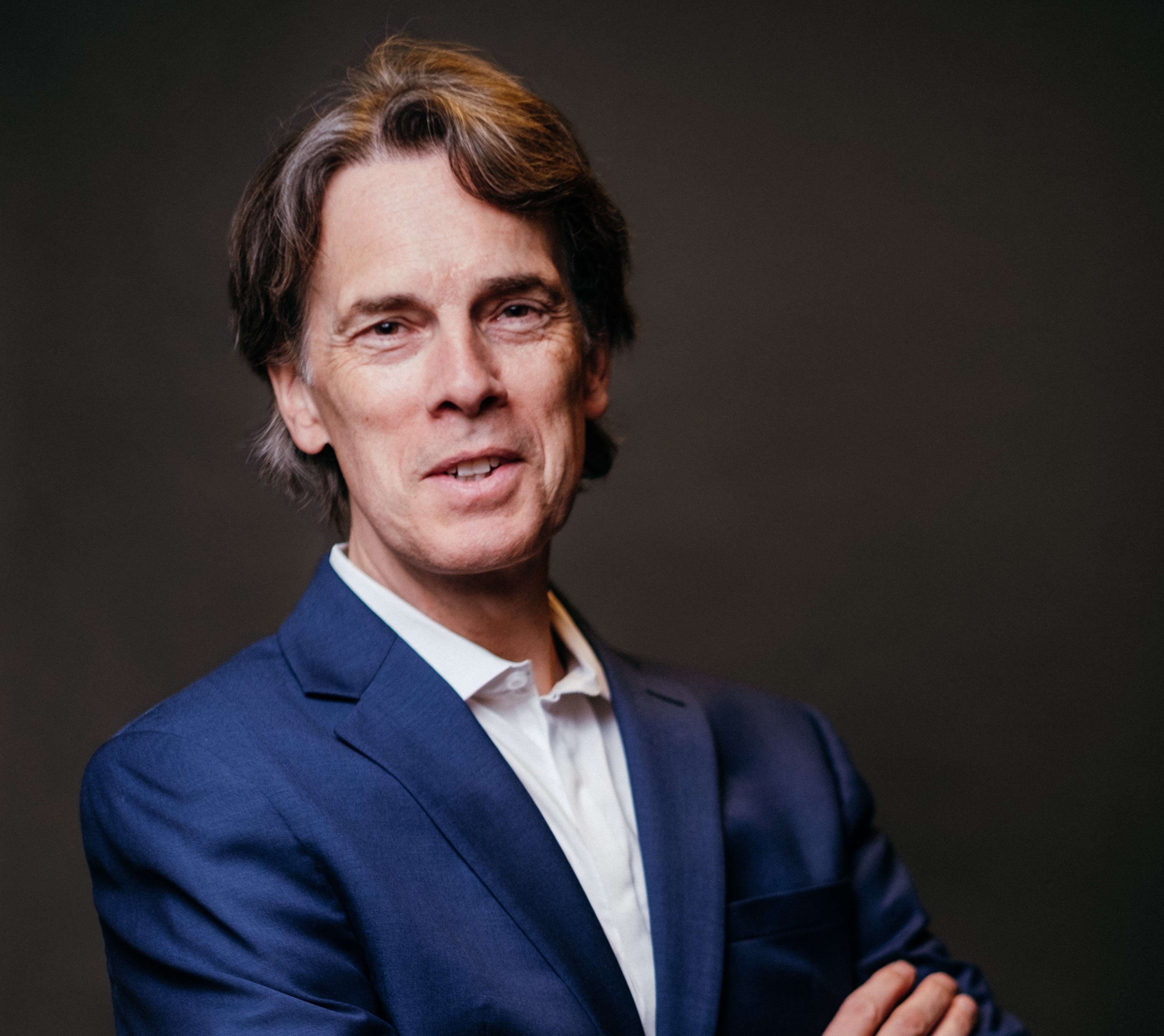About Prof. Stephen Hicks, host of Open College:
Stephen R. Hicks is a tenured Professor of Philosophy at Rockford University in Illinois, U.S.A., and prolific author of philosophical criticism, chief among them his 2004 work, ‘Explaining Postmodernism: Skepticism and Socialism from Rousseau to Foucault.’
‘Explaining Postmodernism,’ has earned Hicks some of his highest acclaim received thus far in his career, and has received praise from such prestigious figures as Prof. Jordan Peterson, who recommended ‘Explaining Postmodernism’ to anyone wanting to learn about the school of thought.
Hicks’ other works include ‘The Art of Reasoning: Readings for Logical Analysis,’ ‘Entrepreneurial Living,’ ‘Liberalism Pro and Con,’ and ‘Nietzsche and the Nazis,’ for which book he also received noteworthy acclaim. Also Forthcoming in 2021, ‘Eight Philosophies of Education,’ was co authored by Hicks.
On top of his work as an educator & author, Hicks is the Executive Director at the Center for Ethic and Entrepreneurship, and is a scholar with the Atlas Society.
Hicks began his ‘Open College’ podcast with The Possibly Correct Podcast Network in early 2018 to discuss and debate philosophical matters, economics and to discuss postmodernism and the impacts of that school of thought on contemporary society.
While Hicks sees postmodernism as a mostly expired ideology, he has become perturbed as he sees the ideology becoming more prominent in society in the last half-decade especially.
All Episodes
November 2, 2020
admin
Open College with Dr. Stephen Hicks
One the great moral achievements of history is the near-elimination of slavery. In contrast to popular narratives, west and east African kingdoms practiced slavery extensively, both for internal purposes and for external sale to Arabs, who for centuries had transported African slaves to Asia and Europe. East and south Asians had also practiced slavery extensively for millennia. Native Americans also had slaves and other forms of forced labor.
How then did humanity evolve to understand that slavery is abhorrent and should be outlawed for the good of humanity. Who if anyone can claim credit for this monumental achievement?
October 20, 2020
admin
Open College with Dr. Stephen Hicks
Dr. Stephen R.C. Hicks is a Canadian-American philosopher who teaches at Rockford University, Illinois. He has had visiting positions at Oxford University (England), Kasimir the Great University (Poland), and has lectured at universities across North America, Europe, Asia, and Latin America. He specializes in modern European philosophy and politics, and has written extensively on Kant, Marx, including his two books, Explaining Postmodernism: Skepticism and Socialism from Rousseau to Foucault and Nietzsche and the Nazis.
October 1, 2020
admin
Open College with Dr. Stephen Hicks
Where does morality come from? Are moral codes conscious formulations of one’s needs and interests? Nietzsche is one of the great critics of human psychology asserting that we have a widespread weakness and asks what are the origins of this widespread weakness? Should we all in contrast “Live dangerously?” How does Nietzsche’s scorn for Plato, Christians, Kant and the welfare state intersect with the two main audiences his work attracts? Dr. Hicks critiques these and many other questions surrounding Nietzsche philosophy on slave morality and altruism.
August 5, 2020
admin
Open College with Dr. Stephen Hicks
The Payroll Protection Plan (PPP) is a 2020 government program available to businesses and organizations, primarily in response to the economic damage done by Covid-19 slowdowns, shut-downs, and lock-downs. What are the moral arguments and principles one should consider when assessing the consequences of PPP and what is the context of decision-making with regards to PPP in a free-market liberal organization.
July 16, 2020
admin
Open College with Dr. Stephen Hicks
Two intelligent, non-professional responses to my book explaining postmodernism. A study in contrast. Content, method, and civility.
June 30, 2020
admin
Open College with Dr. Stephen Hicks
The standard conception of God that is offered to us by theists suggest there are three major features of interest: God is said to be omnipotent or all-powerful, omniscient or all-knowing, and omnibenevolent or all-good. However, if the God who created the world is supposed to be all-powerful, all-knowing, and all-good, why did he create a world in which so much evil exists? And not only why did he create a world with so much evil in it, why did he create a world with any evil in it at all? An all-powerful, all-knowing, completely good creator of the universe would not have created an imperfect world with evil in it or would he?
June 15, 2020
admin
Open College with Dr. Stephen Hicks
Do the gods exist? As mature and more sophisticated reasoned arguments for and against the idea of god have evolved, we can evaluate eighteen possible arguments, about seven are interesting. Argumentation about the natural world: time, causation, morality, beauty, logic, mathematical precision, and so on. Can they be explained in self-sufficient natural way or only by going beyond the natural?
May 27, 2020
admin
Open College with Dr. Stephen Hicks
Thomas Kuhn was professor at Massachusetts Institute of Technology and author of The Structure of Scientific Revolutions, a classic in the history and philosophy of science. Still relevant to our philosophical and cultural debates over science, for Kuhn challenges claims that science is or can be an objective process based upon observational facts that makes progress toward truth.
May 11, 2020
admin
Open College with Dr. Stephen Hicks
In contemporary times, most socialists have shifted away from overtly dictatorial socialism. Among the younger, there is some level of awareness of its terrible history but they still think of it as an ideal to be striven for despite obvious concerns. What are the aims of democratic socialist, what do they wish to achieve and how will they achieve their goals? Should socialism be Monarchical, Aristocratic, or Democratic? Who should have power over you: one person? An elite group? The majority?










